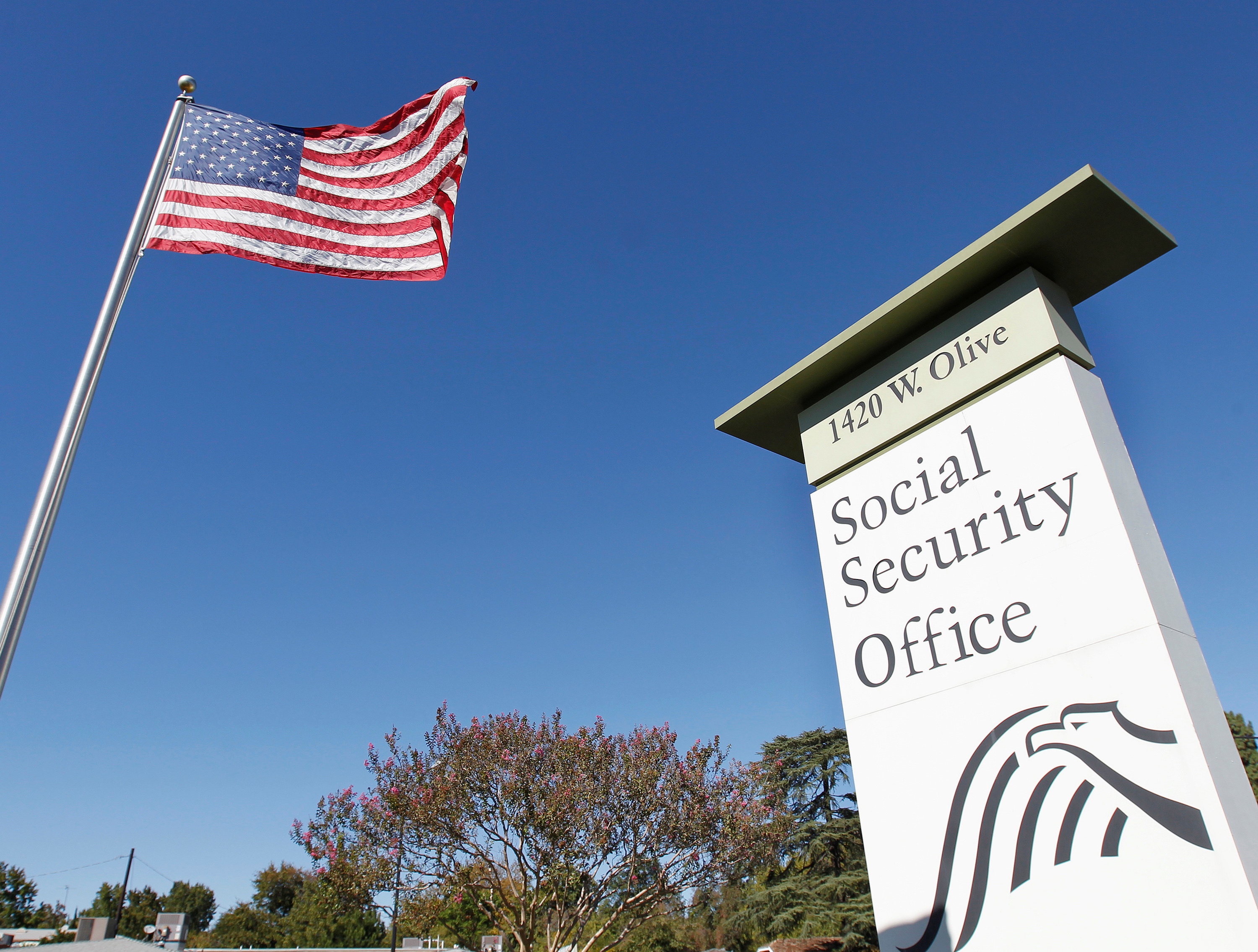The staggering federal deficit of $1.7 trillion, which is 6.3 percent of the gross domestic product, underscores a critical failure in our governance. The reality is that while the numbers paint a grim picture, the human suffering behind these figures is often overlooked. The budgetary decisions made by our leaders not only reflect economic priorities but also moral ones. As the federal government spent a mind-boggling $6.8 trillion in 2023, the question remains: who truly benefits from this spending?
Mandatory Spending Fuels Inequity
According to Brookings, mandatory spending, which includes programs like Social Security and Medicare, accounted for $4.1 trillion of the total federal expenditure. While these programs are essential for millions of Americans, their growth has not kept pace with the needs of our most vulnerable populations. Increasingly, the funds allocated to these programs are being stretched thin, leaving many in dire need of additional support.
Rising Costs of Living and Stagnant Wages
The federal government’s decision to spend heavily during the pandemic was a necessary response to an unprecedented crisis. However, as reported by MIT Sloan, this spending also contributed to a spike in inflation. As prices soar, the very programs designed to help low-income families are becoming less effective. The increased cost of living is squeezing those who depend on these programs, creating a cycle of poverty that is difficult to escape.
Political Inaction on Structural Inequities
The U.S. Treasury reports that federal spending has increased by $356 billion compared to the previous year. Yet, despite this increase, we see little action on policies that would address the systemic inequities affecting communities of color and low-income families. The lack of meaningful oversight of federal spending, as discussed in Brookings, has led to a situation where funds often do not reach the most affected populations.
Democratic Governance Under Threat
With annual deficits projected to average $2 trillion over the next decade, as highlighted by CBO, the sustainability of our democratic governance is at stake. The reliance on deficit spending without a corresponding increase in revenue—especially from the wealthiest Americans—creates a precarious situation. In this climate, progressive taxation and reform of spending priorities are more crucial than ever. The question looms large: will our leaders have the political will to enact these necessary changes?
\n\n
U.S. Social Security office reopenings bring opportunities ...
Implications for Civil Rights and Social Justice
The growth of federal spending, while ostensibly aimed at recovery and support, often fails to address the root causes of inequality. The disparities in health care access, education, and economic opportunity are exacerbated by budgetary decisions that prioritize corporate interests over human needs. As reported by Brookings, the increased spending on mandatory programs is not enough to counteract the structural barriers faced by marginalized groups.
Call to Action for Progressive Leaders
It is imperative for progressive leaders to champion a vision of governance that sees beyond the numbers. The current trajectory suggests a future where the most vulnerable are left to fend for themselves as the deficit grows. The need for comprehensive reform in how we allocate federal resources cannot be overstated. Political courage is required to shift the focus from short-term fiscal measures to long-term solutions that prioritize social justice and civil rights.



![[Video] Gunfire between Iraqi security forces and Sadr militias in Baghdad](/_next/image?url=%2Fapi%2Fimage%2Fthumbnails%2Fthumbnail-1768343508874-4redb-thumbnail.jpg&w=3840&q=75)
